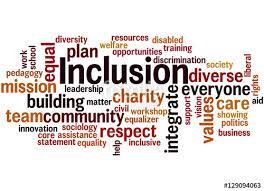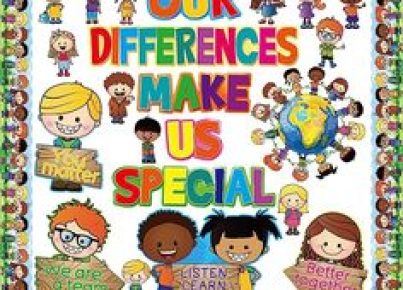Introduction
Inclusion is a word we often hear in discussions surrounding diversity, culture, and society. It’s spoken about in workplaces, educational institutions, and social settings. But what does this term mean through the lens of individual perspectives? How do different people interpret and embody the concept of inclusion? In this article, we will explore the various dimensions of inclusion and its significance.
Understanding Inclusion
The term “inclusion” encompasses the state of being valued, respected, and supported within a community regardless of one’s differences. Be it race, ethnicity, gender, sexual orientation, socio-economic status or background, physical ability or disability, religion or non-religious belief – inclusion requires that everyone is acknowledged and appreciated for who they are.
Inclusion in Practice
In practice, inclusion involves creating environments where individuals feel accepted and a sense of belonging. This can involve embracing various approaches tailored to individual needs, from making accommodations for people with disabilities to actively fostering cross-cultural dialogue amongst diverse communities.
Importance of Inclusion
For many people, inclusion signifies more than just equal opportunities; it is a commitment to creating an equitable space where everyone can thrive. This has profound implications for both personal wellbeing and broader societal progress. When considering the benefits of inclusion:
1. Personal Growth – Exposure to different perspectives can foster an environment for personal growth by offering opportunities to challenge assumptions and reevaluate one’s own beliefs or values.
2. Enhanced Creativity – Diverse groups bring together unique ideas and problem-solving strategies that can often lead to more innovative solutions.
3. Social Cohesion – Valuing diversity allows for greater levels of tolerance, reducing potential conflicts amongst groups or individuals while encouraging a cooperative spirit.
4. Greater Sense of Belonging – By promoting inclusivity, people become more likely to feel accepted in their respective spaces which can lead to increased well-being and self-esteem.
Individual Perspectives on Inclusion
The true meaning of inclusion, beyond its dictionary definition, often stems from one’s personal experiences, values, and beliefs. What inclusion may mean to you might differ from what it means to someone else. Identifying and acknowledging these differences is crucial for fostering a deeper understanding and commitment to promoting inclusive environments.
For some, inclusion involves:
– Actively advocating for policies that promote equity and eliminate discrimination.
– Respecting and celebrating holidays or cultural events from various backgrounds.
– Encouraging diversity in opinions, experiences, and skill sets in professional or educational spaces.
– Creating safe and accessible spaces for people with disabilities.
– Auditing one’s thoughts or actions to identify implicit biases.
Conclusion
In summary, there is no one-size-fits-all answer to what inclusion truly means. It is a complex and nuanced concept that requires thoughtful self-reflection and focus on individual preferences. By fostering open dialogue and ensuring diverse voices are heard, we can create more inclusive environments that soon become the norm rather than the exception. Ultimately, inclusion means paving the way for everyone to succeed – validating differences while embracing our common humanity.





